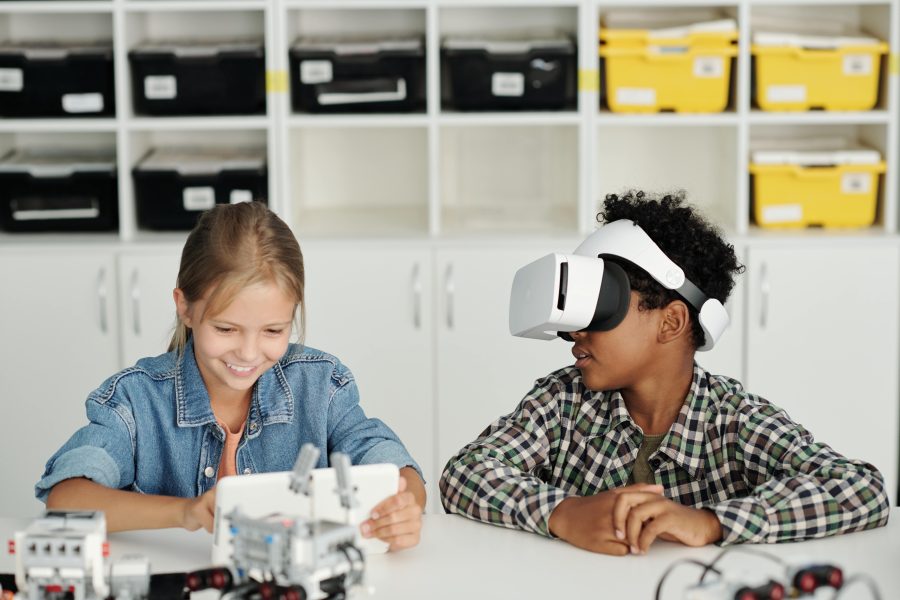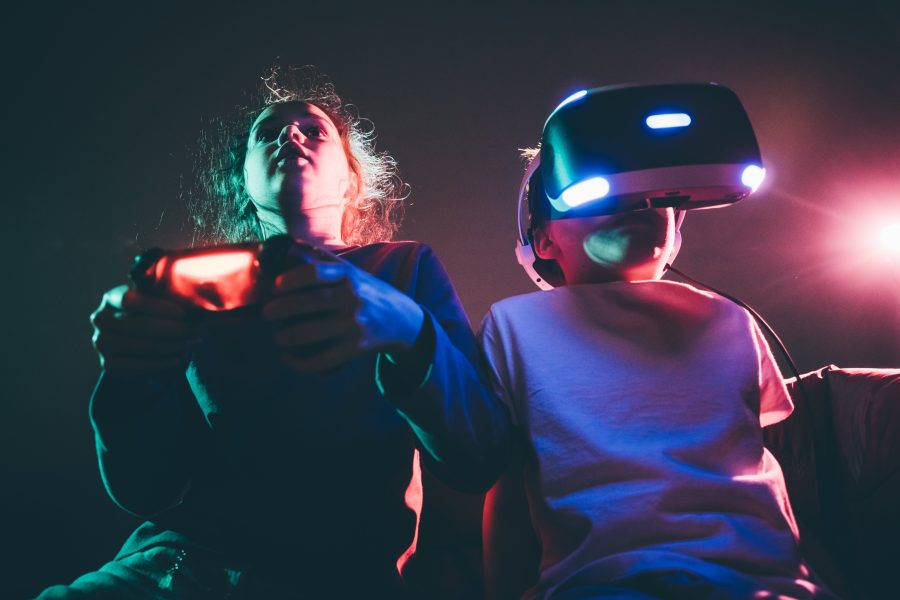The Role of Web 3.0 in the Future of Gaming and Virtual Worlds
The evolution of technology has always had a profound impact on the gaming industry. From the early days of arcade games and consoles to the rise of mobile gaming, the gaming industry has seen numerous changes over the years. The next big change in gaming is set to be brought about by the emergence of Web 3.0, a new era of the internet that promises to bring about decentralized, trustless, and transparent systems. In this blog post, we will explore the role of Web 3.0 in the future of gaming and virtual worlds.

What is Web 3.0?
The decentralized web, also known as Web 3.0, is the next generation of the internet based on blockchain technology. Unlike the traditional web which is centralized and controlled by a few dominant players, Web 3.0 is decentralized and distributed, meaning that no single entity has control over it. It is also trustless, meaning that there is no need for intermediaries such as banks, governments, or tech giants to authenticate transactions or information. Instead, Web 3.0 uses cryptography and consensus mechanisms to ensure that data is secure and verified.
The Emergence of Decentralized Gaming
The gaming industry has always been centralized, with game developers and publishers controlling the games and the platforms they run on. This has led to issues such as censorship, lack of transparency, and limited ownership of in-game assets. However, Web 3.0 is set to change all that by enabling decentralized gaming platforms that are owned and controlled by the players themselves.
Decentralized gaming platforms are built on blockchain technology, which allows for the creation of unique, verifiable, and transferable digital assets that can be used in games. These assets, known as non-fungible tokens (NFTs), can represent anything from in-game items to entire game worlds. NFTs allow players to truly own their in-game assets, which can be traded, sold, or used across different games and platforms. This opens up a whole new world of possibilities for gamers, who can now earn a living by playing games and selling their assets.

The Benefits of Decentralized Gaming
Decentralized gaming platforms offer numerous benefits over traditional gaming platforms. Firstly, they allow for greater player autonomy and ownership of in-game assets. This means that players have more control over the games they play and can earn a living from them. Secondly, they offer greater transparency and security, as all transactions are recorded on a public blockchain that is verifiable by anyone. This reduces the risk of fraud and hacking, which is a major issue in traditional gaming. Finally, decentralized gaming platforms can be more inclusive, as they are not controlled by a few dominant players who dictate the rules.
The Future of Virtual Worlds
Virtual worlds are another area that is set to be transformed by Web 3.0. Virtual worlds are digital environments that allow users to interact with each other and with digital objects in real time. They are already popular in gaming, but they have the potential to be used in a wide range of industries, from education to healthcare.
Web 3.0 offers the potential to create truly immersive and decentralized virtual worlds that are owned and controlled by the users themselves. These worlds can be used for a wide range of purposes, from gaming to socializing, to education and beyond. They can also be used for virtual events and conferences, which have become increasingly important in the wake of the COVID-19 pandemic.

Conclusion
Web 3.0 is set to revolutionize the gaming industry and virtual worlds. Decentralized gaming platforms and virtual worlds offer greater player autonomy, ownership of in-game assets, transparency, and security. They also have the potential to be more inclusive and accessible and can be used for a wide range of purposes beyond gaming.
However, there are still some challenges that need to be overcome before Web 3.0 can fully realize its potential in gaming and virtual worlds. One of the main challenges is scalability, as blockchain technology is still relatively slow and expensive compared to traditional systems. Another challenge is user adoption, as Web 3.0 requires a certain level of technical knowledge and familiarity with blockchain technology.
Despite these challenges, the potential benefits of Web 3.0 in gaming and virtual worlds are too significant to ignore. As blockchain technology continues to evolve and become more user-friendly, we can expect to see more decentralized gaming platforms and virtual worlds emerging. These platforms will provide players with a new level of ownership and autonomy and will open up new opportunities for developers and entrepreneurs to create innovative games and experiences.
In conclusion, Web 3.0 is set to have a profound impact on the future of gaming and virtual worlds. Decentralized gaming platforms and virtual worlds offer greater player autonomy, ownership of in-game assets, transparency, and security, and have the potential to be more inclusive and accessible. While there are still some challenges to overcome, the potential benefits are too significant to ignore. We can expect to see more decentralized gaming platforms and virtual worlds emerging in the years to come, ushering in a new era of gaming and digital experiences.
